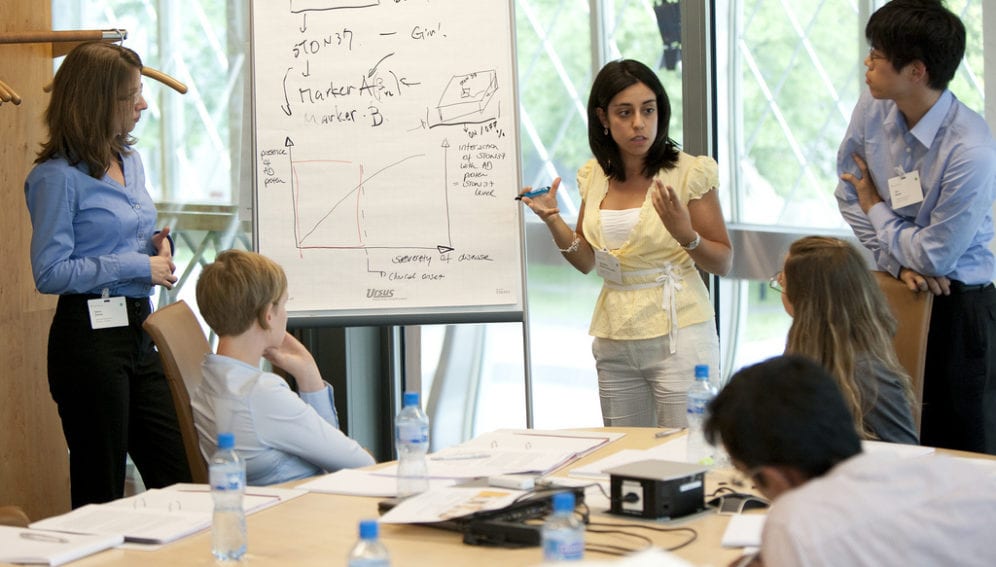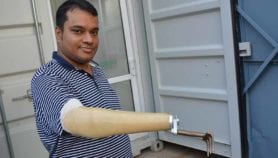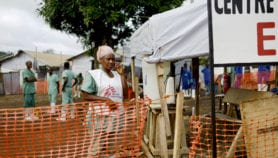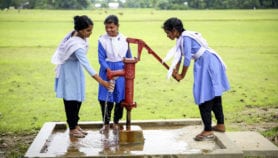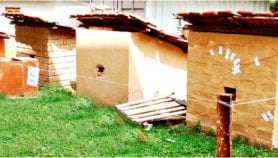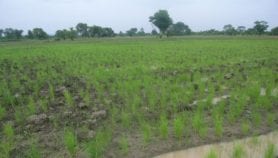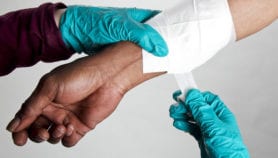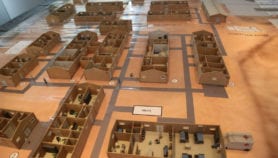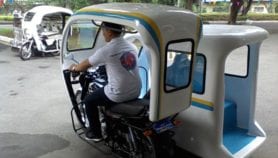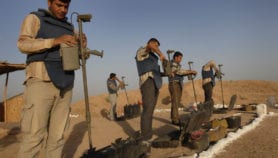By: Richa Malhotra
Send to a friend
The details you provide on this page will not be used to send unsolicited email, and will not be sold to a 3rd party. See privacy policy.
Devices to detect malaria and fake medicines, and a mobile phone trade service for farmers in remote areas are among the innovations whose inventors have been awarded funding and support from a US organisation that helps student entrepreneurs get their ideas to market.
The students will also be given training by the National Collegiate Inventors and Innovators Alliance (NCIIA) for a year during which they will prepare a business model and conduct field tests to validate their technologies.
"The programme is highly competitive and the proposals are reviewed by scientists and business experts," Phil Weilerstein, executive director of NCIIA, tells SciDev.Net. "We look for a novel application of a technology that has the potential to create impact […], is scalable and economically-sustainable."
One of the winning innovations, called PharmaCheck, is a portable device that can detect counterfeit medicines by measuring the amount of active ingredients present.
"It's a screening tool that health regulatory authorities, NGOs or manufacturers can use to test the quality of medicines along the supply chain — anywhere between distributors and regulators to pharmacies and hospitals," says Andrea Fernandes, the device's co-developer and a graduate student at Boston University.
Tests planned in Ghana and Peru
The device tests a pill by dissolving it in water and running the sample through a microfluid chip, analysing the amount of active ingredient it contains. Once the prototype is finalised, the device will be tested in Ghana.
The team behind the device was awarded US$18,500 last month (26 August).
Another healthcare technology whose developers have been awarded funding is a hand-held device that can detect early-stage malaria infection in a drop of blood within a minute.
Developed by the Disease Diagnostic Group at Case Western Reserve University, the Rapid Assessment of Malaria device works by detecting haemozoin, a magnetic by-product left behind when the malaria parasite digests red blood cells.
John Lewandowski, co-developer and engineering student, tells SciDev.Net that the device uses magnets and a laser to detect infection.
"When we manipulate a [malaria-infected blood] sample with magnets, haemozoin crystals line up, misalign and then line up again. We can rotate these crystals and that gives us the difference in light transmission [that is detected]," he says.
Lewandowski adds that his team plans to use the NCIIA grant of US$20,000 to further develop the device ahead of field tests in Peru later this year.
He aims for the device to reach market in late 2014. It would initially cost about US$200 but this could drop to as low as US$50 a year after its launch, due to mass production, he says.
Another recipient of a NCIIA grant this year with a developing world focus is the Rural Trade Communications group at the University of Colorado at Boulder, which was awarded more than US$16,000.
It is developing a subscription-based trade service for farmers in developing countries who lack access to good mobile-phone signals, to connect them to buyers.
The group has installed WiFi networks on existing communication towers, enabling transactions via mobile phones in parts of Peru where rivers are the only way to transport agricultural produce. The service will cost subscribers US$5 a month.
The group will be further testing the service in three communities that live along the Napo River in Peru later this year.
Alan Mickelson, researcher and principal investigator, says he would then like to expand the service to the rest of South America and to Africa.
See below for a Rural Trade Communications video about the innovation:
Rural Trade Communications from Mason Lacy on Vimeo.


